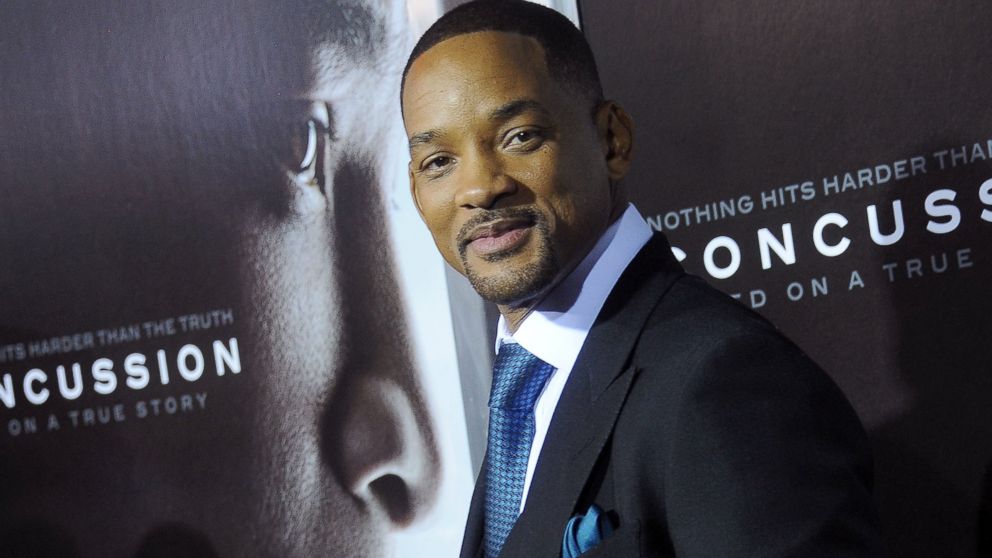How Will Smith Handles Racism in Hollywood
Actor says he's "absolutely" encountered racism in his career.

— -- Will Smith may be one of the world's highest-paid actors, but the 47-year-old star has "absolutely" still experienced racism in his vaunted career.
The actor recently sat down with fellow actors Michael Caine, Benicio Del Toro, Joel Edgerton, Samuel L. Jackson and Mark Ruffalo, as part of The Hollywood Reporter's 2015 Actor Roundtable, to talk about prejudice in their industry, among other things.
Smith made a distinction between prejudice and racism.
"Everybody is prejudiced. Everybody has their life experiences that make them prefer one thing over another – it makes them prefer blond hair over a brunette; if you see somebody with dark skin walking down the street, you have a different reaction than you have [with] someone who is 5-foot-1 and white," the "Focus" star said. "But there is a connotation with racism of superiority: You feel that your race generally is superior."
Smith said that while he lives "with constant prejudice," the times he deals with racism "is actually rare."
"The times I have come in contact with it, you get away from those people," the actor said.
Fortunately, Smith said, actors have "the ultimate power" for combating hate.
"Historically, story combined with imagery moves humanity forward," he said. "What we do -- not that it's a responsibility, but it is the ultimate forum for changing people's hearts and minds. So when I'm choosing a movie, I understand the global power of being able to send imagery around the world."
In his latest film, "Concussion," which opens Christmas Day, Smith plays real-life forensic pathologist Dr. Bennet Omalu, who first identified a degenerative disease in football players known as CTE, or chronic traumatic encephalopathy.
"Dr. Bennet Omalu was deeply connected to tell the truth. And he said that truth doesn't have a side. I thought that was such a powerful idea," Smith said. "Whose side are you on? Are you a Republican or a Democrat? I'm just trying to tell the truth. The truth doesn't have a side."




